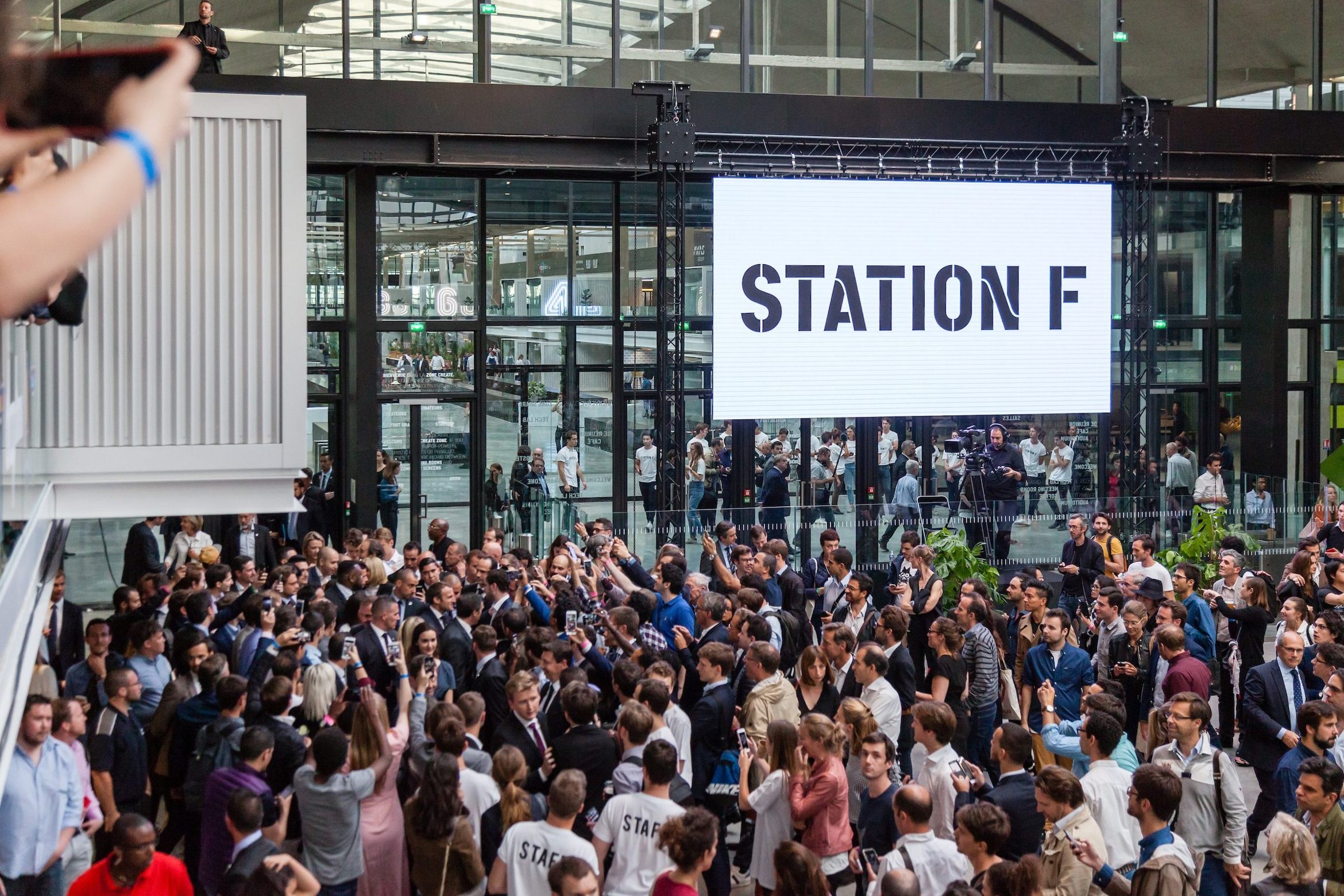In a recent speech to the Institute of International and European Affairs, Tánaiste Leo Varadkar road-tested his new industrial and enterprise policy. While the speech was reported on at the time, one important point was entirely missed. Varadkar announced a new goal of creating two Irish unicorns a year. The objective of this, he said, is to close the productivity gap between “high performing frontier” firms that are foreign-owned but based in Ireland, and “the rest of the economy”. As a KPI, two annual unicorns has clarity, it is easily measurable and focuses on output. But whether it is an astute…
Cancel at any time. Are you already a member? Log in here.
Want to continue reading?
Introductory offer: Sign up today and pay €200 for an annual membership, a saving of €50.

